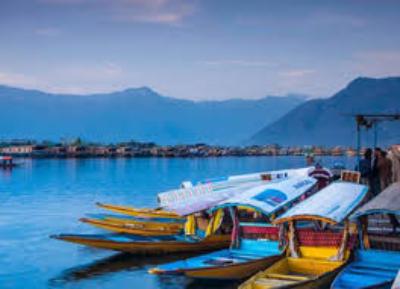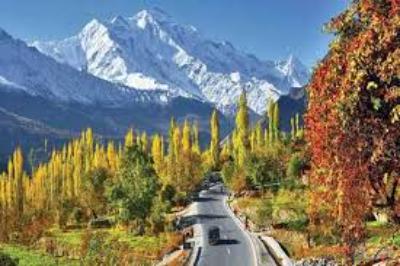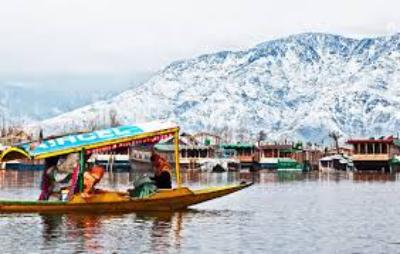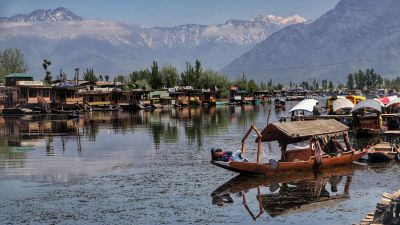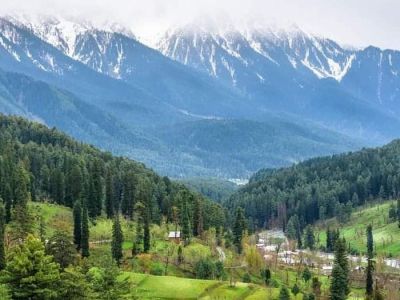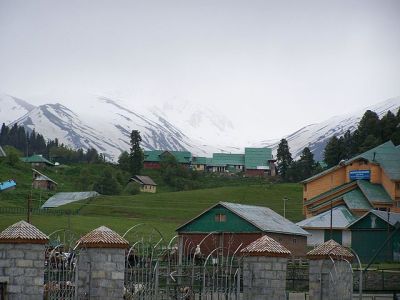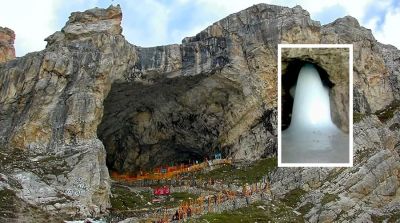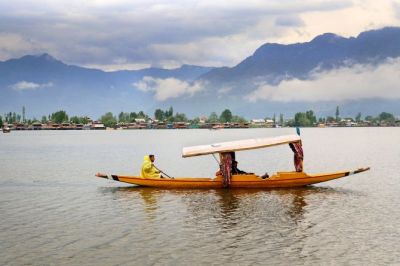Eco-Tourism in Kashmir: A Sustainable Approach to Travel
Eco-Tourism in Kashmir: A Sustainable Approach to Travel
Kashmir, often referred to as "Heaven on Earth," is not only blessed with breathtaking beauty but also offers an opportunity to promote eco-tourism. With its pristine rivers, enchanting valleys, and majestic snow-capped mountains, Kashmir has attracted tourists from all over the world. However, the influx of tourists also poses a threat to the fragile ecosystem of the region. To tackle this issue, a sustainable approach to travel, known as eco-tourism, has gained popularity in recent years.
What is Eco-Tourism?
Eco-tourism is a form of responsible travel that focuses on supporting local communities, preserving natural resources, and promoting cultural heritage. It aims to minimize the negative impacts of tourism on the environment and maximize the benefits for local people. The key principles of eco-tourism include conservation, education, and community development.
Kashmir's Unique Biodiversity
Kashmir is known for its diverse flora and fauna, offering a paradise for nature lovers. The region boasts lush green meadows, dense forests, and a wide variety of wildlife. From the endangered Hangul deer to the magnificent snow leopard, Kashmir's biodiversity is truly remarkable. However, this delicate ecosystem is under threat due to deforestation, pollution, and uncontrolled tourism. Eco-tourism provides an opportunity to protect and preserve this unique biodiversity.
Conservation Efforts in Kashmir
Kashmir has taken significant steps towards sustainable tourism by implementing various conservation initiatives. The establishment of national parks, such as Dachigam National Park and Hemis National Park, has played a crucial role in protecting endangered species and their habitats. These parks not only serve as a refuge for wildlife but also attract tourists who are interested in experiencing the region's natural beauty.
Furthermore, eco-friendly practices, such as waste management systems, energy conservation, and water preservation, have been implemented in many tourist accommodations across Kashmir. These measures not only reduce the carbon footprint but also create awareness among tourists about the importance of responsible travel.
Community Development and Empowerment
Eco-tourism in Kashmir aims to empower local communities by providing them with economic opportunities while preserving their cultural heritage. Many communities have actively participated in community-based tourism initiatives, offering tourists a chance to experience the local way of life. Homestays, village tours, and handicraft cooperatives are some of the popular community-driven activities that allow tourists to engage with the locals and contribute directly to their well-being.
The revenue generated from eco-tourism activities is often reinvested in community development projects, such as schools, healthcare facilities, and infrastructure improvements. This not only improves the quality of life for the local residents but also strengthens their bond with the natural environment.
Benefits of Eco-Tourism for Travelers
Eco-tourism not only benefits the local communities and the environment but also offers unique experiences for travelers. By choosing eco-friendly accommodations and activities, travelers can immerse themselves in the natural beauty of Kashmir while minimizing their impact on the environment. Trekking through picturesque valleys, boating in serene lakes, and exploring remote villages are just some of the ways travelers can connect with nature and support the local economy.
Moreover, eco-tourism provides an opportunity for education and cultural exchange. Travelers can learn about the region's biodiversity, participate in conservation activities, and gain insights into the local traditions and customs. This enriching experience goes beyond the conventional tourist attractions and allows travelers to develop a deeper appreciation for nature and culture.
Conclusion
Eco-tourism in Kashmir offers a sustainable and responsible approach to travel. By promoting conservation, supporting local communities, and raising awareness about the fragile ecosystem, eco-tourism ensures that future generations can also enjoy the natural beauty of Kashmir. Travelers have the power to make a positive impact by choosing eco-friendly options and respecting the local culture and environment. Let us all contribute to the preservation of Kashmir's pristine beauty and create a brighter future for sustainable tourism.
Please share this blog post with fellow travel enthusiasts to spread the message of eco-tourism in Kashmir. Together, we can make a difference!
Disclaimer : The information provided in this blog is for general informational purposes only. While we strive to keep the content accurate and updated, TravelSetu assumes no liability for errors or omissions. If you believe any part of this blog infringes your rights or causes concern, please notify us immediately at info[at]travelsetu[dot]com so that appropriate action can be taken.
